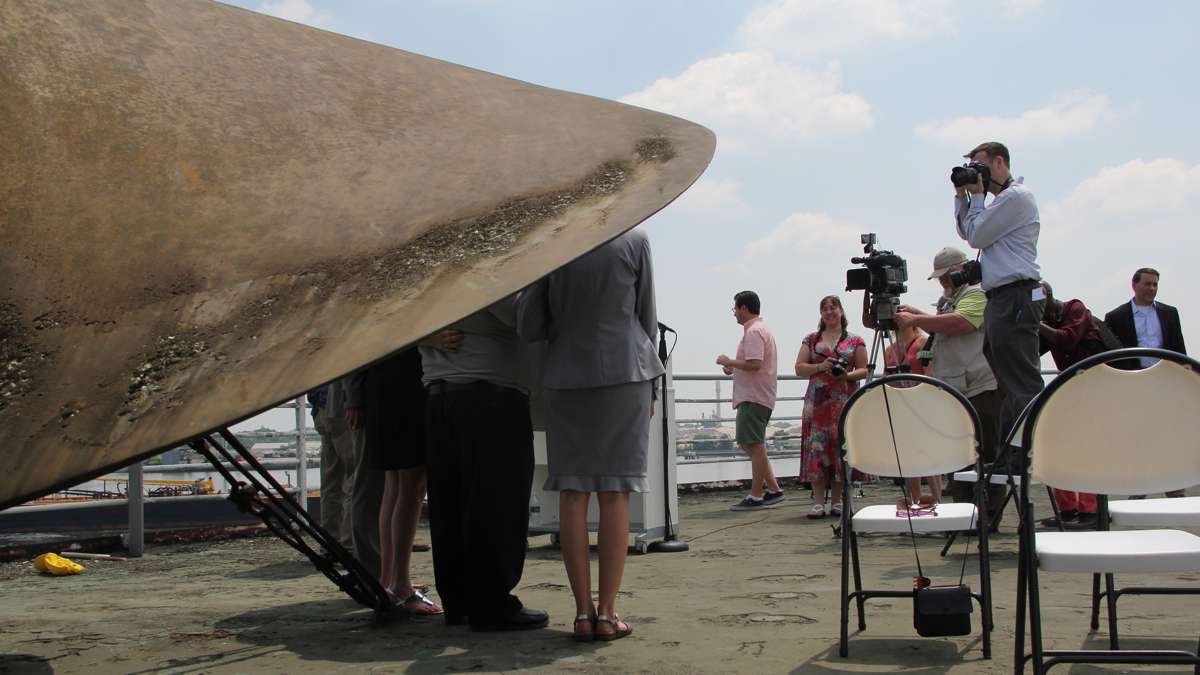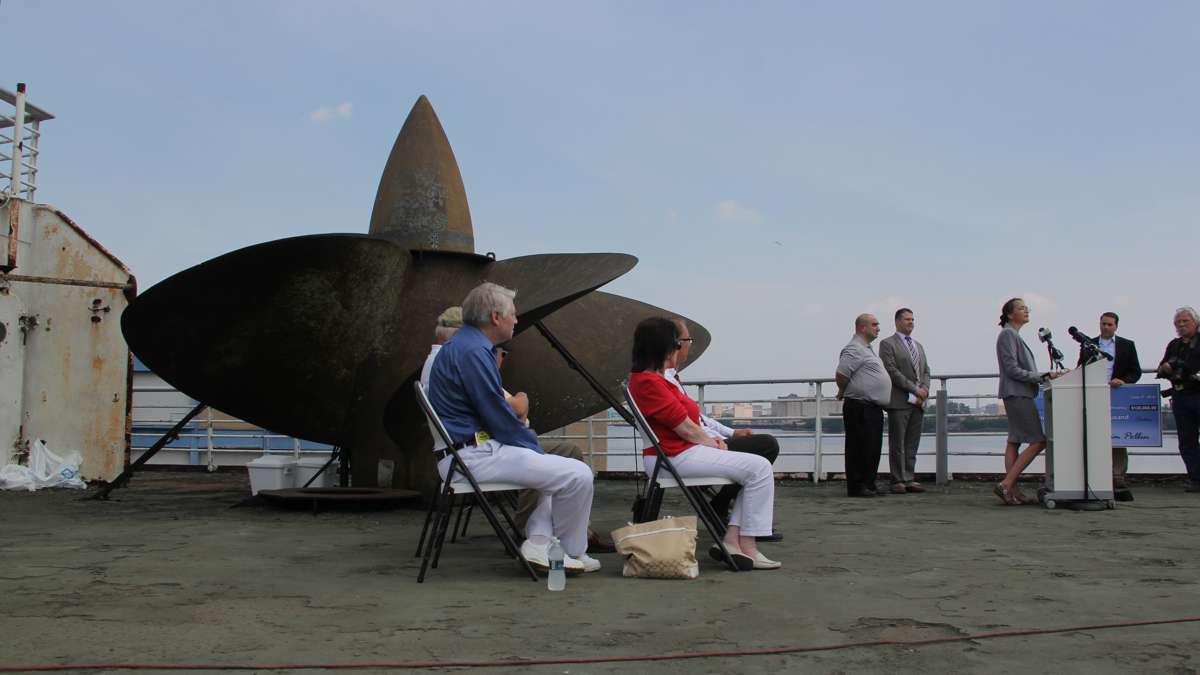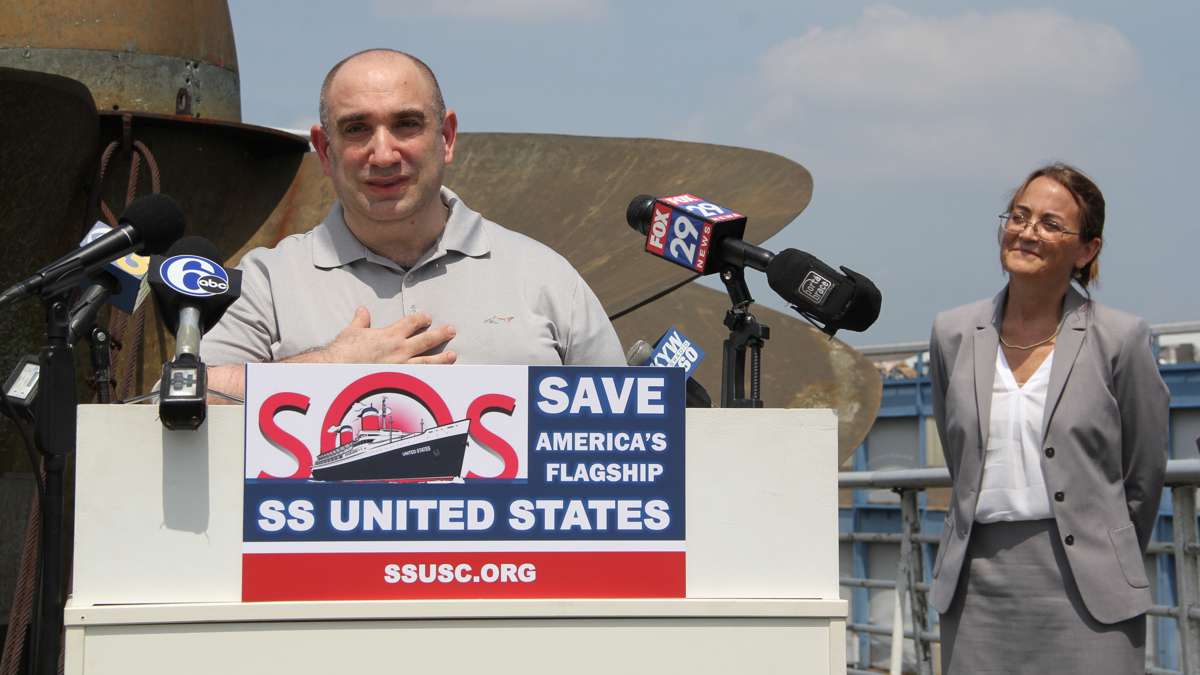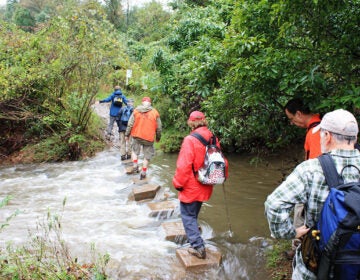Tackling prescription pill abuse with telemedicine in New Jersey
To combat the increasing problem of opiate abuse, primary care physicians in New Jersey have kicked off a new telemedicine program.
Balancing a patient’s need for pain meds with the risk of substance abuse is a challenge for any physician, but it’s especially tough for primary care doctors. Now, a new program aimed at curbing opiate addiction in New Jersey focuses on providing these first-line-of-defense doctors with additional resources.
Rachel Evans, the chief of Family Medicine at Henry J. Austin, a community health center in Trenton, said a majority of the prescriptions for powerful painkillers come from primary care doctors, not pain specialists — and that can be a problem.
“We’re often left in the situation of saying, these are high-risk medications — one of my worst fears is that a patient will overdose unintentionally on a medication I prescribe,” she said. “But, on the other hand, they may have real pain, and I may have limited training.”
That’s where video conferencing with specialists as part of a training program called Project ECHO, or Extension for Community Health Care Outcomes, might be able to help.
“The model is to help patients gain access to those specialty skills without having to leave their primary care home,” said Evans. Many of her low-income patients have difficulty finding their own specialists through a referral.
The idea stems from the success of a similar project in New Mexico that provided rural physicians easy access to specialists to better treat hepatitis C.
Critical, too, is making sure patients get treatment if they do develop a dependency on pills.
“When you get a lot more strict about your pain-management programs, and you get more consistent in identifying abuse and diversion, unfortunately a significant percentage of your patients — if they don’t have access to good treatment — wind up using heroin or other illicit substances,” Evans said.
Over the course of the next year, the training program, funded by the Nicholson Foundation, will be implemented in 11 sites in Trenton, New Brunswick, and Camden.
WHYY is your source for fact-based, in-depth journalism and information. As a nonprofit organization, we rely on financial support from readers like you. Please give today.










